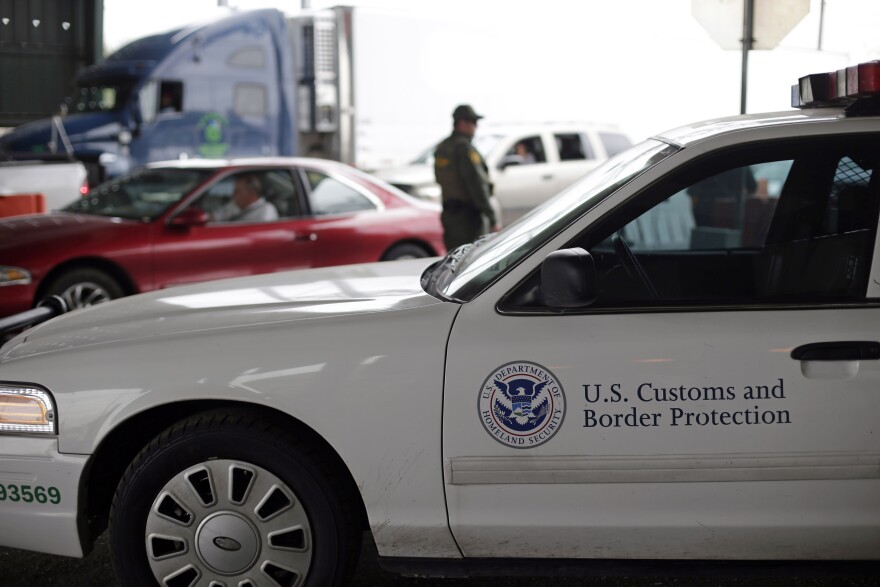Ever try pot? Answer yes to a border agent, and foreigners could face permanent consequences even if they haven't used marijuana in years.
More and more Canadians are learning the hard way that admitting to U.S. border agents that you smoked pot can bar you from entering the country forever.
Immigration lawyers say some Canadians are under the mistaken impression that legalization of marijuana in Washington state has resulted in leniency by U.S. border agents here, but it hasn't. Marijuana is still an illegal substance under federal law.Questioned at border
Immigration lawyer Len Saunders, whose offices are near the border in Blaine, Wash., says he's been getting a lot of calls from mostly young Canadians who've been denied entry into the U.S. after being questioned about their past drug use.
This week, James Sward from Vancouver, B.C., called to ask for help. Saunders says his case is typical.
According to Saunders, Sward was denied entry a year and a half ago.
"He admitted under oath at the port of entry that he’d smoked marijuana in the past,” Saunders said.
More recently, Sward tried to enter the U.S. on a commercial airline. Saunders says Sward was told he couldn't fly to Virginia because of his earlier admission of drug use. Saunders says Sward couldn't believe it.
“He kept telling me that he has no criminal convictions, and I said, 'That doesn’t matter.' I said, 'You might as well have a conviction, because you’ve admitted the essential elements of a crime involving moral turpitude, which is the use of illegal drugs,"' Saunders said.
In case you’re wondering, "moral turpitude" is a term referenced in U.S. immigration law that means you’ve violated community standards of justice, honesty or good morals.
What the law says
In an email, Thomas Schreiber, chief Customs and Border Patrol officer, laid out what U.S. immigration law says about who can be denied entry into the country: "Under Sec. 212 (8 U.S.C.1182) you are ineligible to receive visas and ineligible to be admitted to the United States if you 'voluntarily admit to having committed a crime involving moral turpitude.'"
You shouldn't lie, but...
So, what’s a Canadian to do, lie about smoking a little weed in college?
Saunders says he doesn’t condone lying, but he does tell Canadians they can refrain from answering questions at the border.
“Just withdraw your application for entry, go back to Canada and maybe try a different day, and maybe you’ll get a more hospitable officer," he said.
He says the inconvenience of that is far less than being permanently barred. People who've been denied entry, he says, are forever in the database and have to go through the expense and time of seeking a special waiver every time they want to cross the border.
How many Canadians are denied entry?
There's no way of knowing how many Canadians are being kept out of the U.S. for past drug use. But here's what Schreiber told me via email:
"On a typical day during our last fiscal year, CBP (Customs and Border Patrol) processed 932,456 passengers and pedestrians to the United States, processed 591 inadmissible aliens and refused 470 at our ports of entry. While the vast majority of legitimate travelers are expedited into the United States, CBP does encounter the necessity to refuse entry to a narrow portion of that demographic on a daily basis."
In 2007, "The Colbert Report" ran a story about a Vancouver man who was denied entry at the Blaine port of entry after the border agent found that he'd written an academic paper about taking LSD in the 1970s.
Since the story aired, Andrew Felmar has obtained a visa to travel to the U.S.







